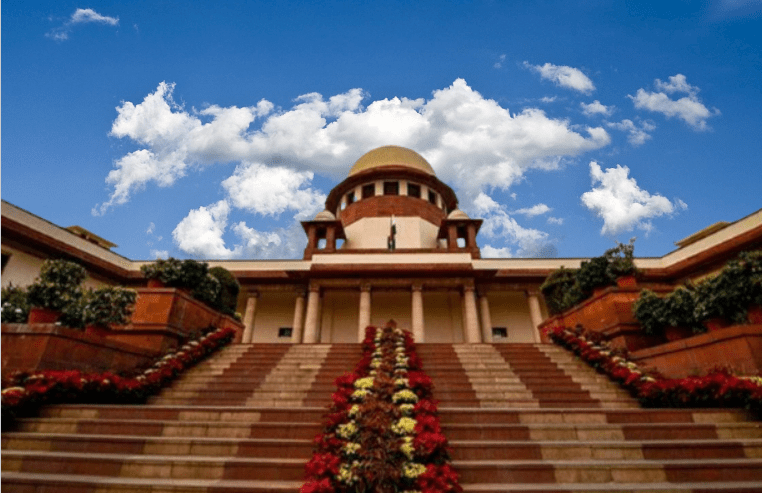
The Supreme Court gave the Ministry of Finance opportunity on Thursday to submit its counter-affidavit in a public interest litigation (PIL) wanting an arrangement to notify legal heirs of unreported deposits in dormant accounts. The petition was heard before a bench consisting of CJI DY Chandrachud and Justice JB Pardiwala, and was submitted by financial journalist and Managing Editor of Money Life Sucheta Dalal.
The Ministry of Corporate Affairs and the RBI had filed their counter-affidavits in the case, but the Ministry of Finance had not. The Union of India’s counsel requested more time for the Ministry of Finance to submit the counter. The matter was duly listed by the bench after three weeks.
The petition requested that the Court direct the Respondents to ensure that unclaimed funds of the public that are transferred to Government owned funds because they were not claimed by the legal heirs/nominees are made accessible to said legal heirs/nominees via the information of holders of inactive/dormant accounts on a centralised online database.
According to the petition, money transferred to the DEAF from inactive/dormant bank accounts frequently go unclaimed. Another cause for unclaimed funds, according to the petition, was that the information of departed investors whose deposits, debentures, dividends, and insurance had been moved to the IEPF was not easily accessible on the IEPF’s website. As a result, people were compelled to use middlemen to obtain refunds. According to the petition, even banks that do provide data on deceased account holders did not succeed to fulfil the intended purpose because legal heirs were ignorant of the presence of a bank account.
Considering all the above, the petitioner prayed for the setup of a centralised internet-based database under the oversight of the Reserve Bank of India, that could offer data regarding the recently deceased accountholder which includes information such as the person’s name, address and last date of transaction by the deceased accountholder. According to the petition, most banks, both public and private, require legal papers such as a succession certificate, probate, and so on, which necessitate the legal heirs to approach the court. The court procedures that follow are both time-consuming and unnecessary.
Thus, in order to ensure a speedy and painless settlement process and to avoid unneeded litigation, a simpler procedure should be implemented, according to which banks and other financial institutions shall not insist on the delivery of court orders if there is a solid and uncontested Will; or if the legal heirs have filed a claim along with an undertaking/affidavit and have given an indemnity concerning the sum of money in the bank and the said claim has been promoted by the bank in the newspaper.
Written by Anagha Anuraj, 1st year law student pursuing BBA LLB from IIM Rohtak.





0 Comments